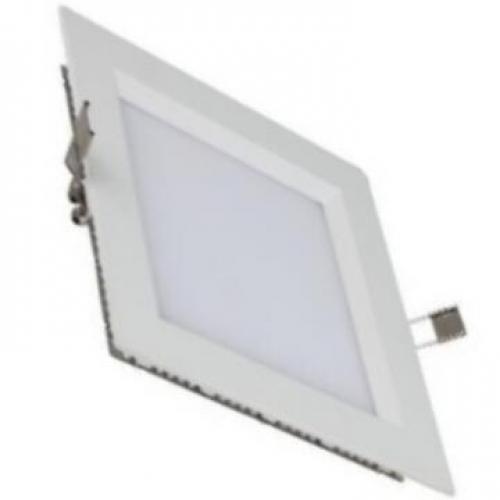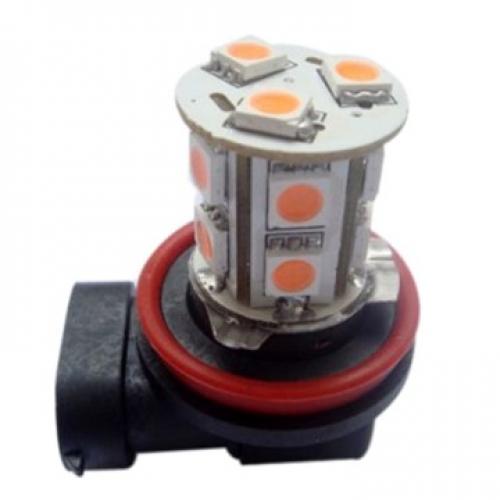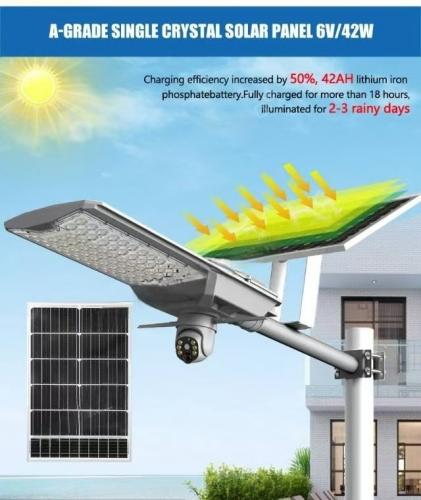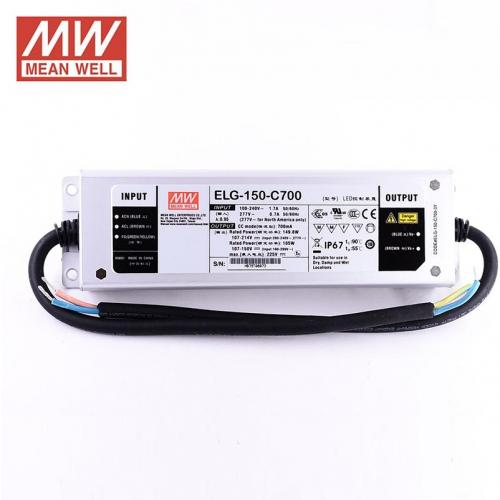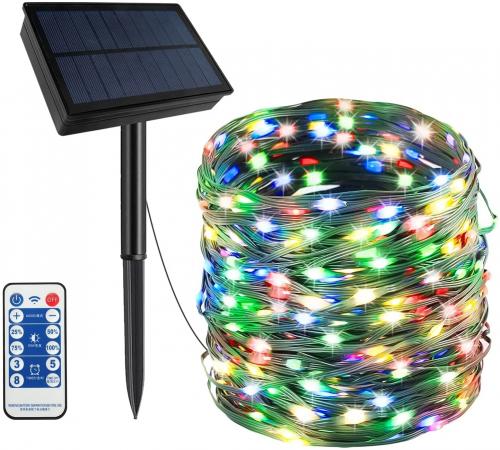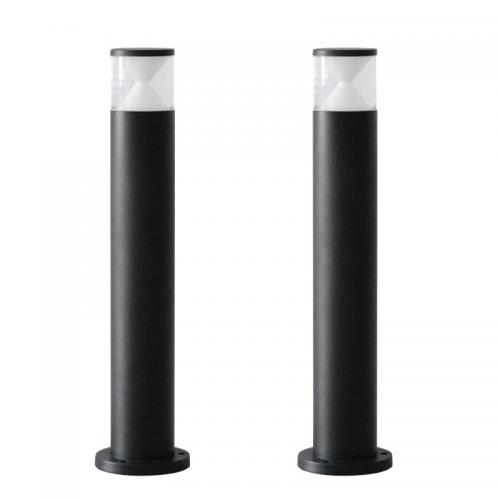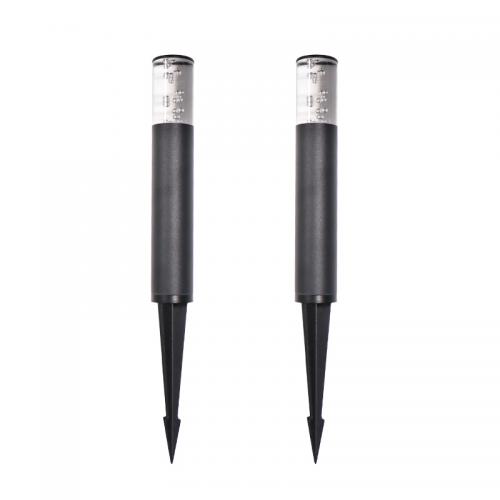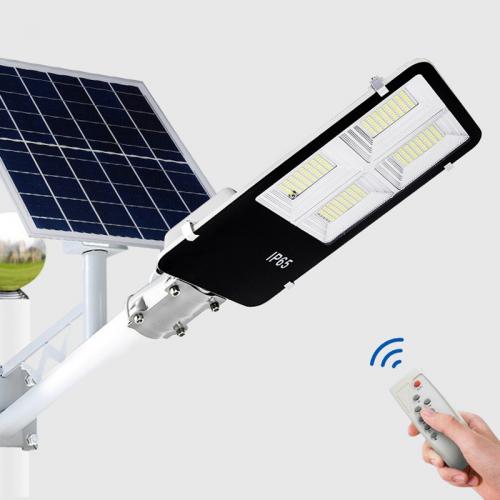Why do outdoor solar lights fail?
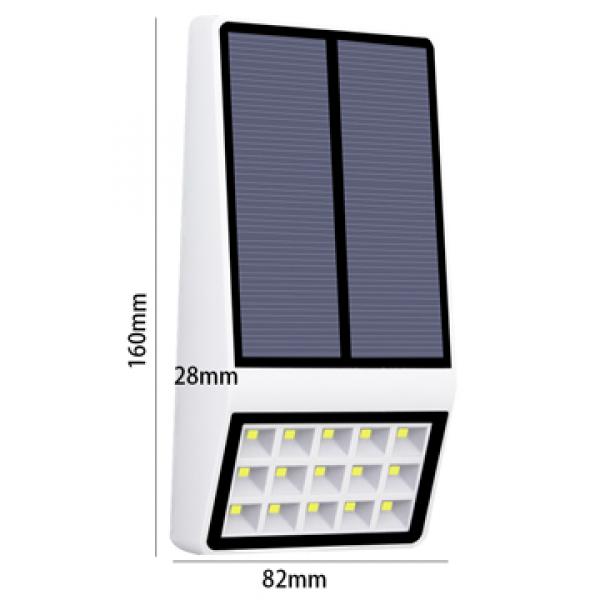
Outdoor solar lights are a popular choice for many homeowners and businesses looking to enhance their outdoor spaces while being environmentally conscious. They offer numerous benefits, such as energy efficiency, cost savings, and ease of installation. However, despite these advantages, outdoor solar lights can sometimes fail to perform as expected. Understanding the reasons behind these failures can help users troubleshoot issues and maintain their solar lighting systems effectively.
One of the primary reasons outdoor solar lights fail is due to insufficient sunlight exposure. Solar lights rely on photovoltaic cells to convert sunlight into electrical energy, which is stored in batteries for night-time use. If the solar panel is not receiving enough sunlight, the battery will not charge adequately, leading to dim or non-functional lights. Factors such as shading from trees, buildings, or other structures can significantly impact the amount of sunlight the solar panel receives. Additionally, geographical location and seasonal changes can affect the intensity and duration of sunlight exposure, especially in regions with long winters or frequent cloudy days.
Another common issue is battery degradation. The batteries in solar lights are subject to wear and tear over time, especially if they are exposed to extreme temperatures. High temperatures can cause the batteries to overheat, reducing their lifespan, while cold temperatures can decrease their efficiency. Furthermore, repeated charging and discharging cycles can lead to battery capacity loss, resulting in shorter lighting durations. Regularly checking and replacing batteries can help mitigate this issue and ensure optimal performance.
Poor quality or damaged solar panels can also lead to failures in outdoor solar lights. Solar panels are designed to withstand various weather conditions, but they can become damaged due to physical impact, such as hail or falling debris, or due to gradual wear and tear. Scratches, cracks, or dirt accumulation on the panel surface can reduce its efficiency in capturing sunlight. Regular cleaning and inspection of solar panels can help maintain their effectiveness and prevent failures.
Additionally, water ingress is a significant concern for outdoor solar lights. While many solar lights are designed to be weatherproof, prolonged exposure to rain, snow, or moisture can lead to water entering the light fixture. This can cause corrosion of electrical components, short-circuiting, and ultimately, failure of the light. Ensuring that solar lights are properly sealed and positioned to minimize water exposure can help prevent these issues.
Faulty wiring or loose connections can also cause outdoor solar lights to fail. Over time, wires can become frayed or disconnected due to environmental stressors or improper installation. Regular inspection and maintenance of wiring connections can help identify and resolve these issues before they lead to light failure.
Another factor that can contribute to solar light failure is the quality of the light fixture itself. Low-quality materials and construction can lead to premature wear and tear, reducing the lifespan of the solar light. Investing in high-quality solar lights from reputable manufacturers can help ensure durability and reliable performance.
Finally, improper installation and maintenance practices can lead to failures in outdoor solar lights. Incorrect positioning, such as placing lights in shaded areas, or neglecting regular maintenance tasks, like cleaning solar panels and checking battery health, can significantly impact the performance of solar lights. Following manufacturer guidelines for installation and maintenance can help users avoid these pitfalls and ensure their solar lights function optimally.
In conclusion, outdoor solar lights can fail due to a variety of reasons, including insufficient sunlight exposure, battery degradation, damaged solar panels, water ingress, faulty wiring, low-quality fixtures, and improper installation and maintenance practices. By understanding these common issues, users can take proactive steps to troubleshoot and prevent failures, ensuring their solar lighting systems provide reliable and efficient illumination for their outdoor spaces. Regular inspection, maintenance, and adherence to manufacturer guidelines are key to maximizing the lifespan and performance of outdoor solar lights.

